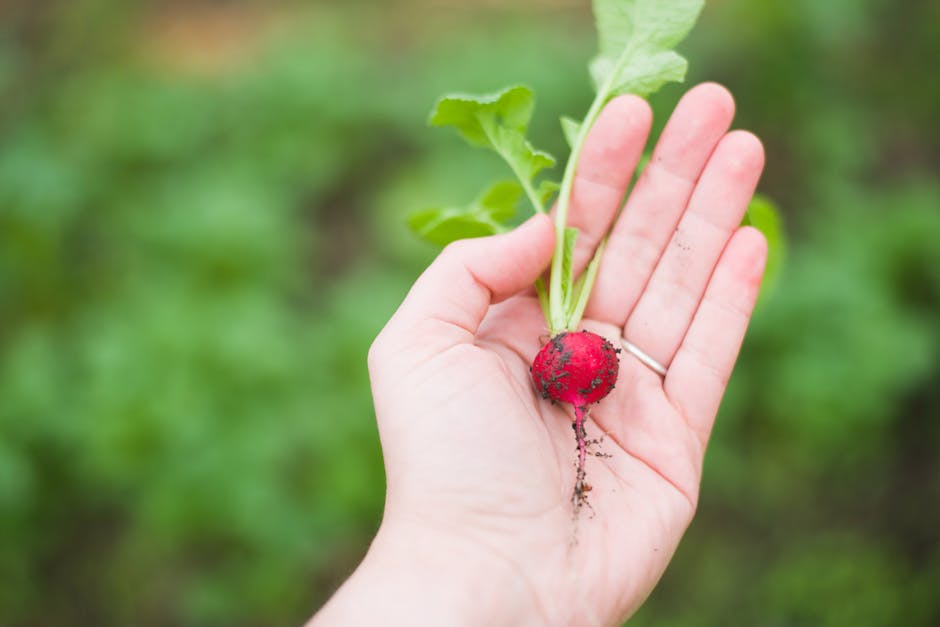[dropcap]A[/dropcap]re cannibals really that bad? Let that question linger in your mind, and imagine the taste of human flesh on your tongue. While you have that in mind, think of this: Would you rather shift over to a cannibal diet, or switch to a vegan diet? It is a simple question, and for some, the answer is simple. But for others, it requires some thought.
According to a new poll from The Society for Progressive Meat (SPM), 10 percent of Americans would consider switching to a cannibal diet, while a meager 3 percent would switch over to the vegan, non-animal, diet. There was a total of 2,500 respondents over a two-week period.
Becoming a full-on herbivore is difficult, so we will focus on the simpler, easier form of that: vegetarianism. I am simply going to be explaining why eating meat might not be the best choice for our Earth, and the people living on it.
Maybe You Should Feel Bad
Here is something we can agree on: meat comes from animals. Those animals should not have to die when there are other options for us. More specifically, vegetarian options (I mean, that is what I am writing about).
All animals are beings that experience emotions and feelings, just as we do. Scientific studies show all warm-blooded animals (including cattle, pigs, chickens, etc.) are able to experience stress, fear, and pain.
Just take a look at any of the slaughterhouse videos found online. These may vary from chickens getting their beaks cut off all the way to pigs being boiled alive:
HappyCow explains these slaughterhouse conditions by describing the lack of “veterinary care, exercise, sunlight, and even the feel of grass beneath their feet.”
In Elizabeth Kolbert’s “Should You Eat Meat?” she explains that in the United States, each year about 35 million cows, 115 million pigs, and 9 billion birds are killed to satisfy our food demands.
Just because you prefer and enjoy meat over other foods does not make it right. These animals should not have to die when our bodies do not require this form of food.
What We Can’t See
Many religions favor the idea of a vegetarian diet. Some not only favor it, but consider it ideal. One page on Drexel University claims that each religion has a specific reasoning for all they do, and this varies all the way to their perception of meat.
[perfectpullquote align=”right” bordertop=”false” cite=”” link=”” color=”” class=”” size=””]“The greatness of a nation and its moral progress can be judged by the way its animals are treated.” -Gandhi, Indian Spiritual Leader[/perfectpullquote]
Christianity
Jesus’ main teachings are love, compassion, and mercy, none of which are involved when you think of slaughterhouses and happily consuming flesh. Christians also strive to help to poor and hungry. However, the inefficiency of meat eating works against that ministry. In the U.S. 66% of grains are fed to animals who are being raised for slaughter which wastes most grains’ calories and proteins.
Hinduism
A vegetarian diet is encouraged, yet not Hindus all are. They almost universally avoid beef since they consider the cow sacred. There are many scriptures containing passages which recommend vegetarianism based on the link between nonviolence and spirituality. Karma is also important in Hinduism. Bad karma can be brought by causing unnecessary pain and death (an ill-treatment of others).
Judaism
A Hebrew Scripture, the Torah, describes vegetarianism as ideal. Judaism forbids inflicting unnecessary pain on animals, which occurs during the process of creating the meat. Like Christians, it is encouraged to share with the hungry. However, that is difficult with the waste of grains and lands that could be used for crop. A vegetarian diet is highly encouraged, but not mandated.
Your Health May.. Lower?
It has always been said that switching to a vegetarian diet will increase your health. According to Lifehack, your well-being may actually lower when you switch.

There is a possibility of suffering from B12 vitamin deficiency. This vitamin is attached to the protein inside of animal products, which means that without enough of B12, you can suffer from depression, fatigue, and an inability to concentrate. It is difficult for vegetarians to receive these type of minerals when there is a lack of dairy or egg. B12 deficiency shows presence in ways including depression, paranoia, delusion, and a lack of taste and smell.
There is also a chance of excess weight (I know, surprising). Making foods such as bread and pasta will not give you all of your needed nutrients, aka, protein. This can increase body fat, which will higher the chances of health issues such as diabetes and chronic inflammation.
Lower bone density can also occur. With a vegetarian diet, risks of osteoporosis arises, which is where your bones get thinner, weaker, and fractures become a hazard.
Getting all of the right nutrients may be difficult when switching to a vegetarian lifestyle. However, notice each reason against vegetarianism. They each claim how there is a chance of certain health issues. Well there is also a chance of the world ending just as you read this. Let’s take a moment to see if this occurs… Nope, we’re still here.
The World Around Us
Maybe you don’t care about the animals’ feelings when you eat it, or what it had to go through to end up on your plate. And maybe you aren’t religious in any way, or it just doesn’t affect your eating habits.
But what I do know is that you live on the Earth. You are standing on the surface of our planet right at this moment. However, according to DownToEarth, it is slowly being ruined by things such as global warming and pollution, and each of these things occur just for that meat you are having for dinner.

Global warming is one of the most serious threats our world has ever had to face. Though most believe it is due to high levels of carbon dioxide, there is a failure to understand there are other gases that may also be a cause of it. Raising animals for food generates more greenhouse gases than all cars and trucks combined, said in 2006 report by the United Nations. According to EarthSave, a vegetarian diet is an easy way for an individual to reduce global warming and its toll on the Earth.
Our waterways are contaminated by pollution. This is due to animal waste, fertilizers, and the pesticides used to spray feed crops. Manure also harms the water greatly. Farmed animals produce around 130 times as much waste as the entire human population of the United States. Due to factory farms not having sewage treatment systems like our cities and towns, this concentrated slop ends up polluting our water and contaminating our air.
Pollution also damages aquatic and human life, according to NRDC. Algal blooms are a specific problem, blocking waterways, using up oxygen as they decompose, and killing the natural populations of fish.
I fully understand that changing your diet takes time, and lots of effort. But hopefully I’ve pushed you in the direction of possibly changing your life for the better. It will not only affect you, but will influence the world.
Featured Image by Daria Shevtsova

This blog is really good, it summarizes all the main points of a vegetarian diet. In your “Your Health May..Lower” section you described how the lack of meat derived nutrition can cause health problems, that is correct if you do it wrong. I’ve been vegan/vegetarian for three years and I’m A-okay. B12 supplements are the only vitamin that is too difficult to consume in a plant-based diet. Lower bone density can be resolved with eating dark leafy greens, certain types of nuts, and calcium fortified plant-milks. The chance of weight gain is when you don’t find the right plant-based plan for your body. Some people need high carb, low fat, others thrive on high fat, low carb. There are other categories of Octo, Ovo, Paris, and Raw Plant-Based diets. And although your eating plant-based, microwave meals, french fries, and plant-based “imposter” foods still contain high amounts of calories from processing instead of the natural make-up of food. Otherwise, great blog and well written, the title is creative too!